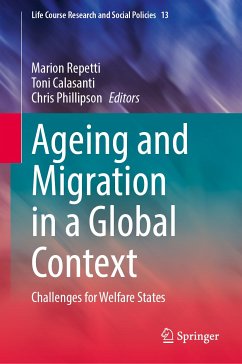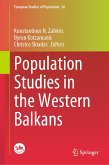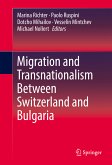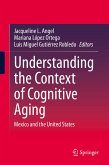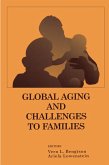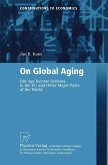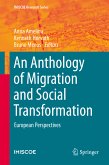This book brings together two major trends influencing economic and social life: population ageing on the one side, and migration on the other. Both have assumed increasing importance over the course of the 20th and into the 21st century. The book offers a unique interdisciplinary perspective on the challenges posed by the globalisation of the life course to welfare states' old age and family policies. Through a variety of case studies, it covers a wide range of migration scenarios: those who migrate in later life; migrants from earlier years who age in place; and old people who hire migrant caregivers. It shows how both local and global economic inequalities intersect to frame interactions between ageing, migration, and family support. Across a wide variety of situations, it highlights that migration can both create risks for older people, but also serve as an answer to ageing-related social, economic, and health risks. The book explores tensions between national andglobal contexts in experiences of migration across the life course. As such this book offers a fascinating read to scholars, students, practitioners, and policy makers in the fields of aging, migration, life course, and population health.
Dieser Download kann aus rechtlichen Gründen nur mit Rechnungsadresse in A, B, BG, CY, CZ, D, DK, EW, E, FIN, F, GR, HR, H, IRL, I, LT, L, LR, M, NL, PL, P, R, S, SLO, SK ausgeliefert werden.
Hinweis: Dieser Artikel kann nur an eine deutsche Lieferadresse ausgeliefert werden.

